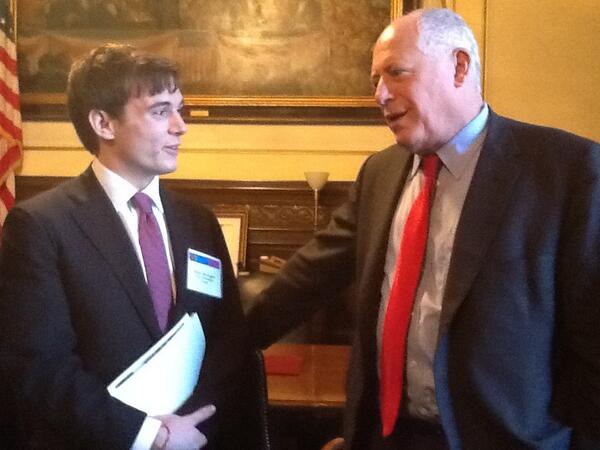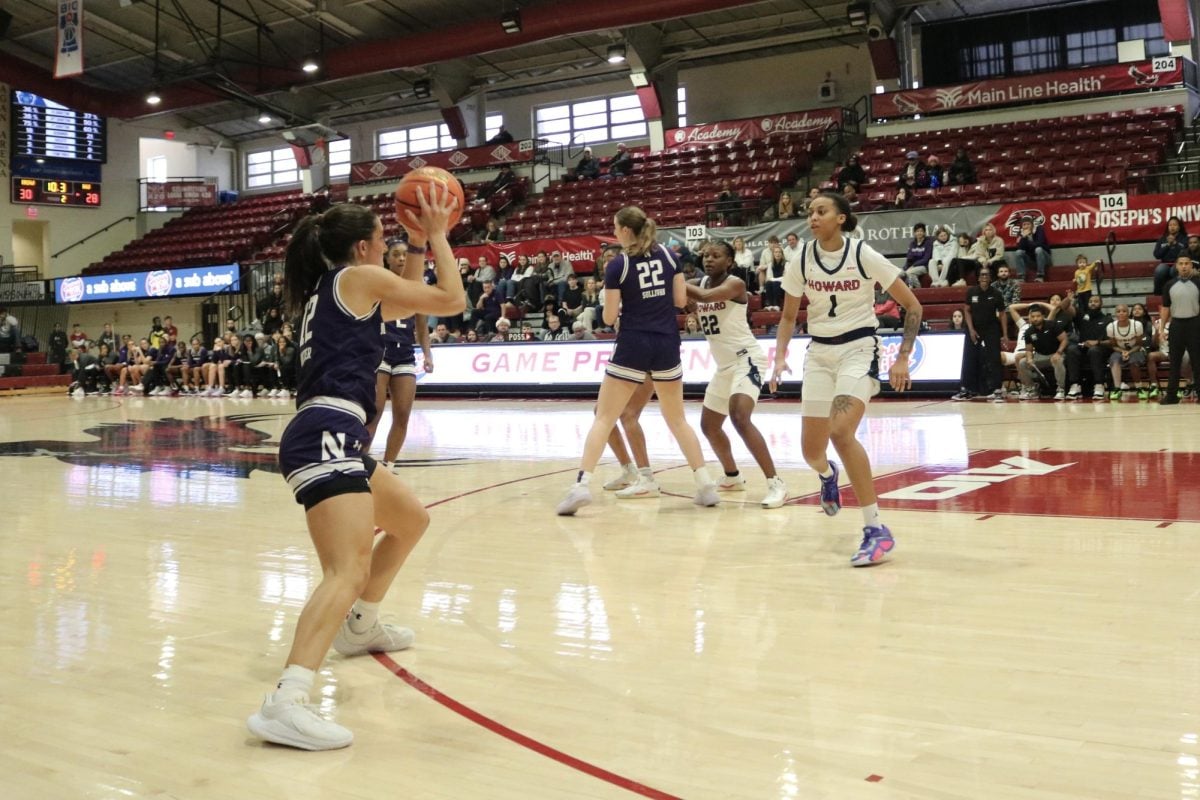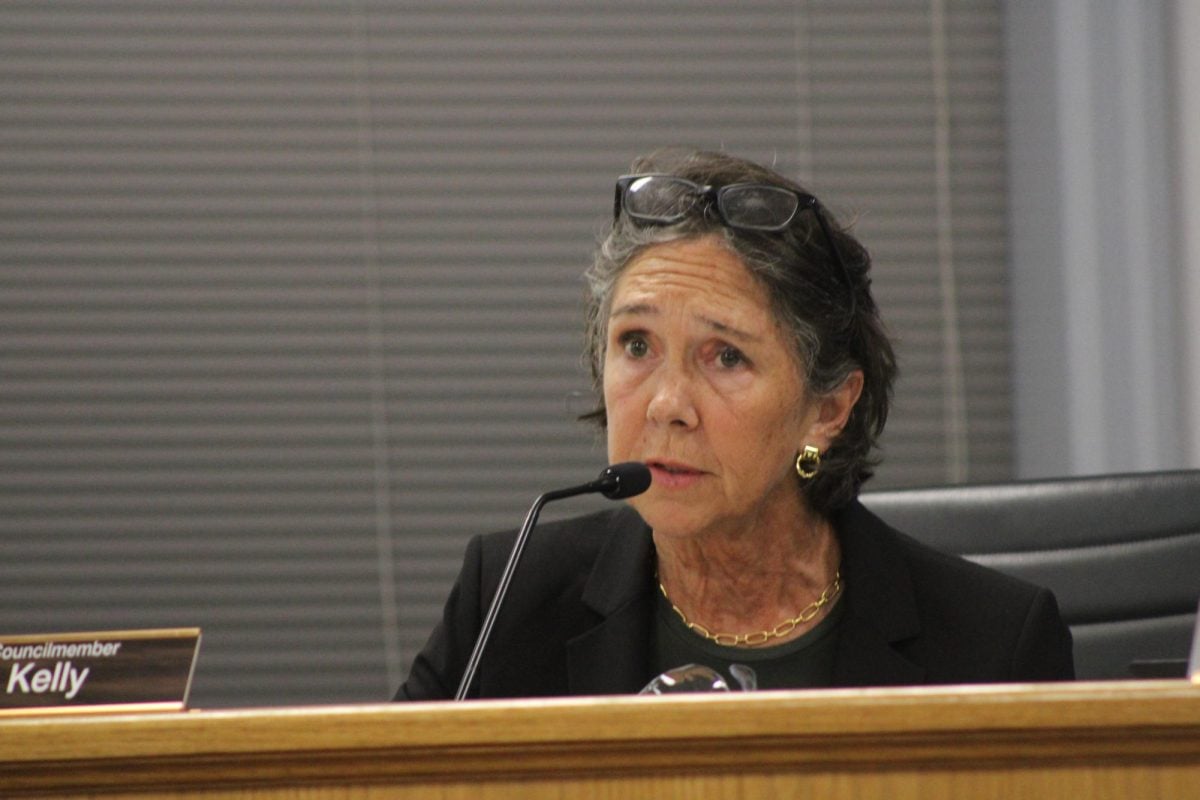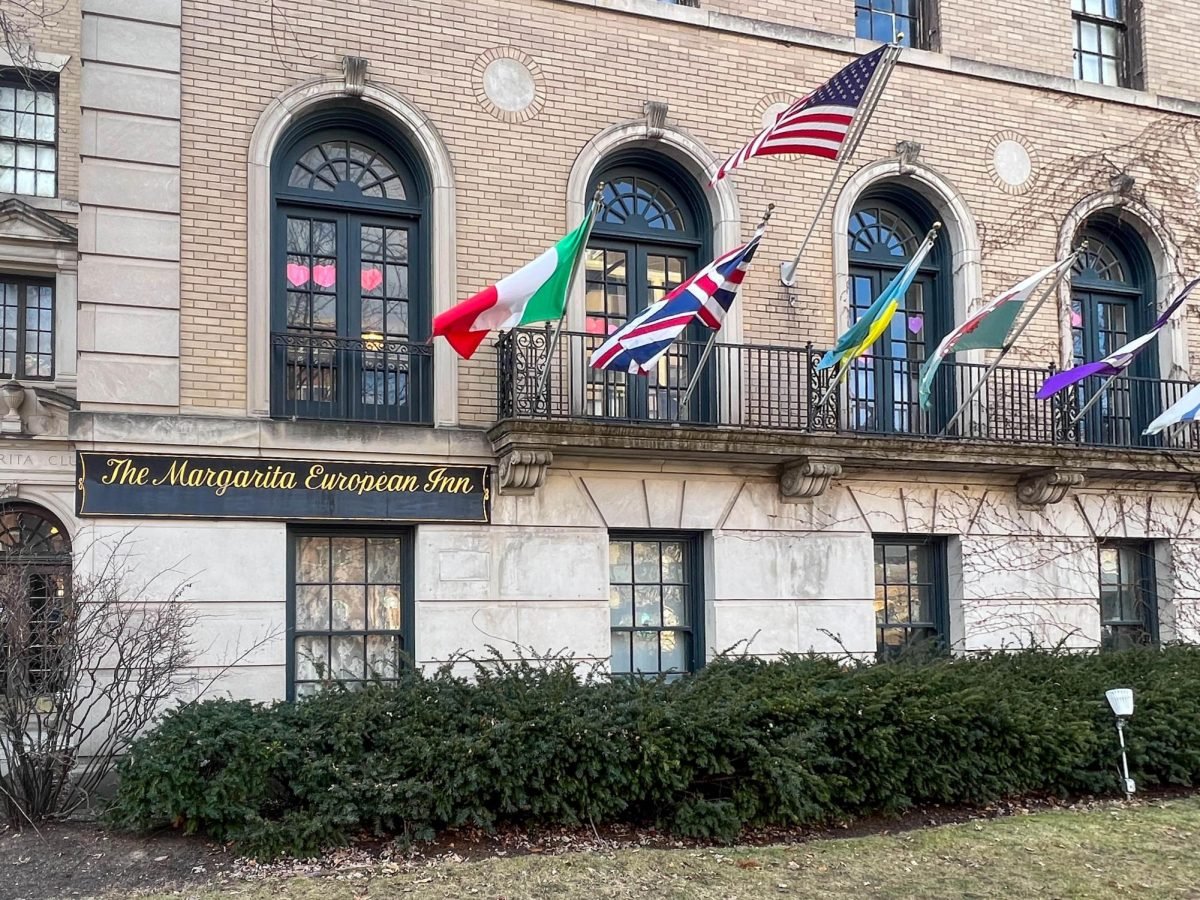
Northwestern President Morton Schapiro and more than 50 Evanston officials led by Mayor Elizabeth Tisdahl pushed for gun control, pension reform and student aid Wednesday during the fourth annual Evanston Day in Springfield.
“I think we were effective,” Ald. Jane Grover (7th) said. “We made an impression.”
The Evanston representatives — including elected officials, community leaders, residents and NU students — dined at the governor’s mansion before moving to the Illinois State Capitol to meet with officials including Gov. Pat Quinn, state Sen. Daniel Biss (D-Evanston), state Rep. Robyn Gabel (D-Evanston), state Rep. Laura Fine (D-Glenview) and state Rep. Kelly Cassidy (D-Chicago).
On Tuesday evening, Schapiro hosted a dinner with Tisdahl, city manager Wally Bobkiewicz, several NU students and four NU graduates serving in the Illinois General Assembly.
Schapiro and city officials lobbied against allowing concealed carry in schools and universities, an issue the state House of Representatives debated Wednesday afternoon.
The 7th U.S. Circuit Court of Appeals struck down Illinois’ last-in the-nation ban on concealed carry last year and gave lawmakers until early June to legalize carrying concealed weapons in public. State lawmakers are currently weighing whether exceptions should be made for places such as schools, universities, amusement parks and stadiums.
“They are highly sympathetic to … recent tragedies related to guns,” Schapiro said. “I’m optimistic. But you never know.”
Schapiro also lobbied for increasing state funding for the Monetary Aid Program, which provides need-based financial assistance to college students. Schapiro, whose research focuses on economics in higher education, gave a brief presentation at the governor’s mansion about the high return of investment produced by student aid.
Chemistry Prof. Chad Mirkin, director of the International Institute for Nanotechnology, followed Schapiro’s remarks with his own pitch for state dollars. Illinois might award a new grant to the NU research hub, which started with state funding in 2000 and has since grown to represent more than $600 million in academic interests, Schapiro said.
“They are working hard on an enormous pension problem … but there is some money for investment in research with a proven record,” Schapiro said. “I think they are going to support us as they’ve supported us in the past.”
City representatives discussed the state’s pension debt with Biss, who co-sponsored a pension reform bill last week. Grover said the city supports the major reforms outlined in Biss’ legislation.


















